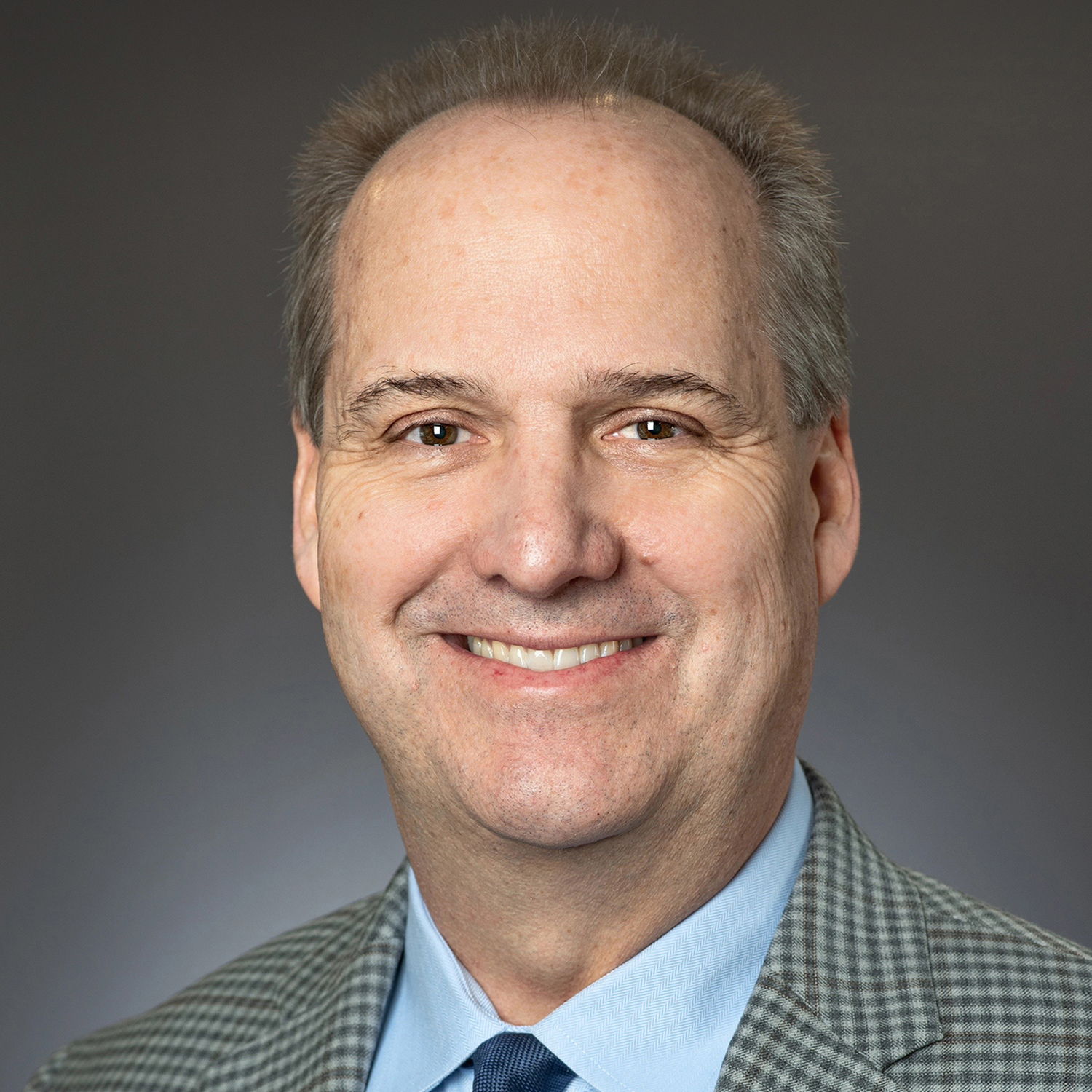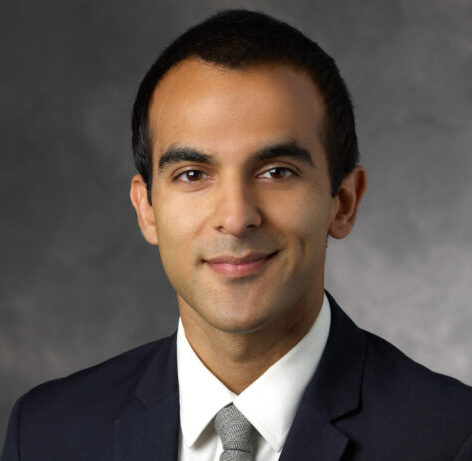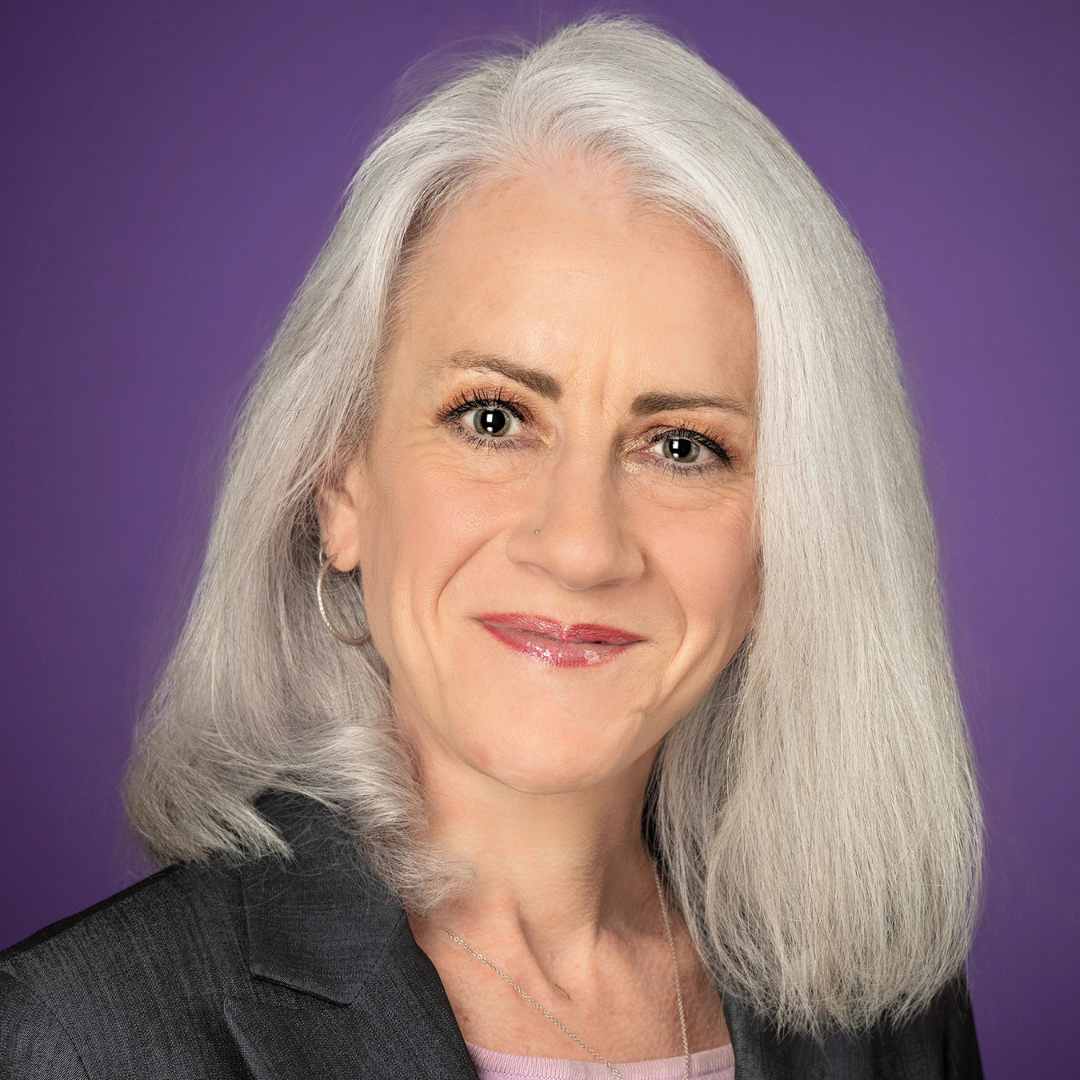Training Empathetic Scholars® in relationship-centered communication.
Meet the Team

Erin Nelson, Psy.D.
Erin Nelson, Psy.D., joined the Anne Burnett Marion School of Medicine at Texas Christian University in 2017 as an Associate Professor of Medical Education and inaugural Director of the Preparation for Practice Course. Since that time, Dr. Nelson has also led, and will continue to lead, our Psychological and Behavioral Science curriculum. Dr. Nelson further served our school as the Faculty Chair for Admissions and as Assistant Dean for Admissions and Outreach.
In her new role, Dr. Nelson will work closely with leadership, faculty and staff across the school of medicine and TCU main campus to develop and implement innovative physician communication programs. Dr. Nelson and her team are committed to furthering the Compassionate Practice® curriculum as part of our collective mission to train the next generation of Empathetic Scholars®.

James Cox, M.D.
Director of Communication Skill Development
International Plaza, 3rd Floor, Office 313

Heather Hale Nguyen, M.S.
Director of Humanities and Communication
International Plaza, 3rd Floor, F4

Amit Singh, M.D.
Director of Physician Communication
International Plaza, 3rd Floor, Office 313
